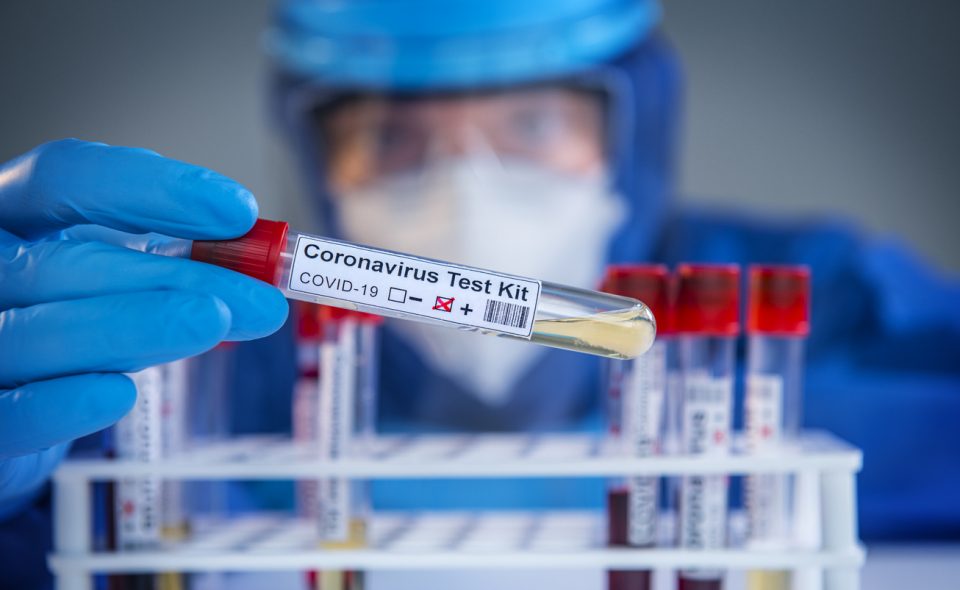
COVID-19 origins linked to raccoon dogs at China’s Wuhan market: Study

As the debate over the origins of the SARS-CoV-2 virus, which has caused the COVID-19 pandemic, continues, a new analysis of genetic samples from China has linked the coronavirus’ origin to raccoon dogs that were illegally sold there.
According to a report on The Atlantic website, this week, an international team of virologists, genomicists, and evolutionary biologists may have finally found crucial data to find the origins of COVID.
A new analysis of genetic sequences collected from the Huanan Seafood Wholesale Market in Wuhan, China, shows that raccoon dogs being illegally sold at the venue could have been carrying and possibly shedding the virus at the end of 2019, the report said.
Also read: As COVID cases rise in India, govt asks 6 states to be on high alert
“It’s some of the strongest support yet”, unnamed experts were quoted as saying in the report. According to them, the pandemic began when SARS-CoV-2 hopped from animals into humans, rather than in an accident among scientists experimenting with viruses.
“This really strengthens the case for a natural origin,” Seema Lakdawala, a virologist at Emory University who wasn’t involved in the research, said.
Angela Rasmussen, a virologist involved in the COVID research, told the website, “This is a really strong indication that animals at the market were infected. There’s really no other explanation that makes any sense.”
Also read: China to reopens borders to foreign tourists, resume all visas from March 15
The new analysis was led by Kristian Andersen, Edward Holmes, and Michael Worobey – three prominent researchers who have been looking into the COVID virus’ roots.
The data were “quietly posted” by researchers affiliated with China’s Center for Disease Control and Prevention, on an open-access genomic database called GISAID. By almost pure happenstance, scientists in Europe, North America, and Australia spotted the sequences, downloaded them, and began an analysis, the report said.
Also read: China: Flu lockdown proposal sparks outrage
The genetic data was drawn from swabs taken from in and around the Huanan Seafood Wholesale Market starting in January 2020, shortly after the Chinese authorities had shut down the market because of suspicions that it was linked to the outbreak of a new virus. By then, the animals had been cleared out, but researchers swabbed walls, floors, metal cages and carts often used for transporting animal cages, a report in The New York Times said.
In samples that came back positive for the coronavirus, the international research team found genetic material belonging to animals, including large amounts that were a match for the raccoon dog, three scientists involved in the analysis said, the report added.

